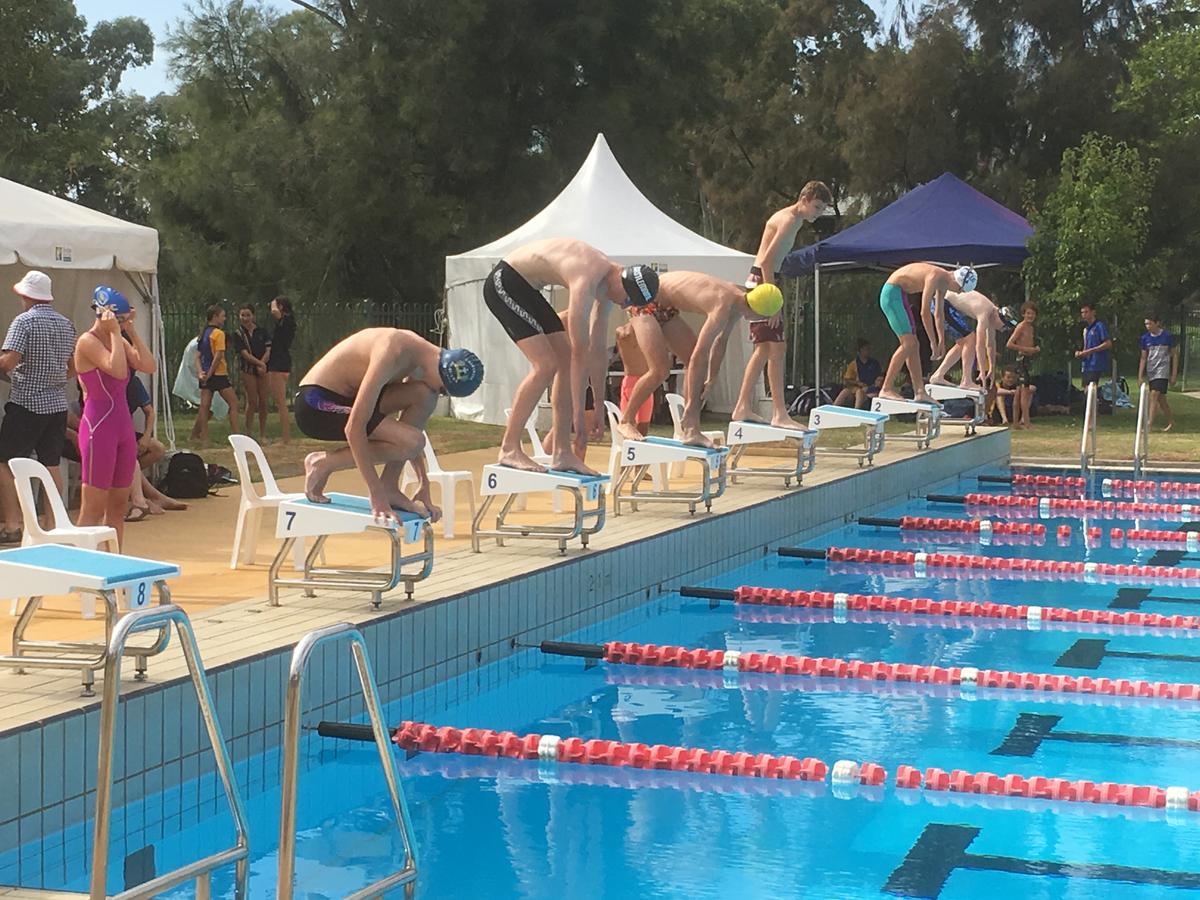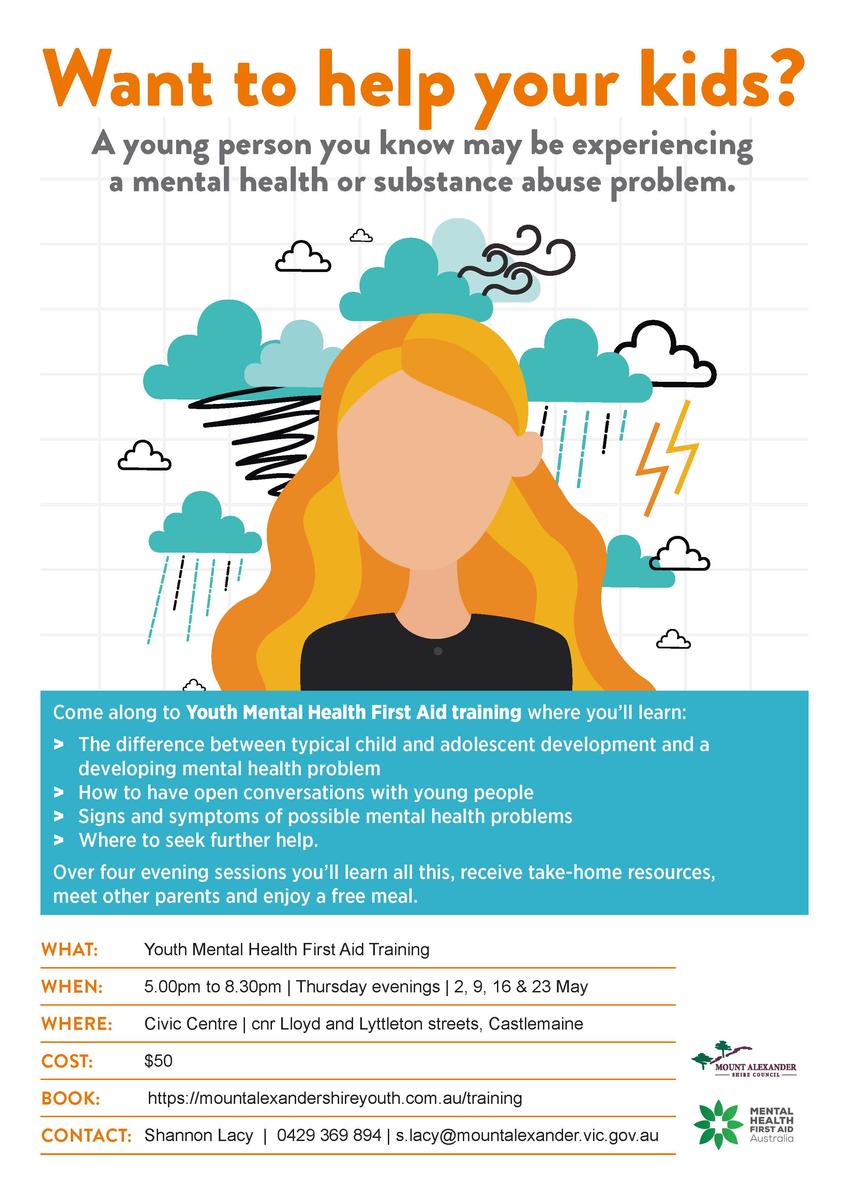
What's happening?
Sandhurst Swimming Carnival
A small group of CSC students, the winners from our school swimming sports at the start of the year, travelled to Bendigo Aquatic Centre for the second level of competition. Although having one of the smallest teams our school still gave it their best shot. One of our year 12 students Roselin Parsons taking out female age champion, and our school winning the ... Roselin making it the next level in Melbourne.
Karli Showell - Year 11
Youth Mental Health First Aid Training
Focusing on Families for National Families Week is held every year between 15 and 21 May.
Many people think that families become less important to children as they move into the teenage years. But your child needs your family and the support it offers as much as she did when she was younger. It’s true that family relationships change during adolescence. When your child was young, your role was to nurture and guide him. Now you might be finding that your relationship with your child is becoming more equal. Most young people and their families have some ups and downs during these years, but things usually improve by late adolescence as children become more mature. And family relationships tend to stay strong right through.
For teenagers, parents and families are a source of care and emotional support. Families give teenagers practical, financial and material help. And most teenagers still want to spend time with their families, sharing ideas and having fun.
It’s normal for teenagers to be moody or seem uncommunicative, but they still need you. Your child still loves you and wants you to be involved in her life, even though at times her attitude, behaviour or body language might seem to say she doesn’t.
Parents as Role Models
Parents are powerful role models for teenagers. What you do and say guides your child’s behaviour, attitudes and beliefs, now and in the long term You can be a role model by including your child in family discussions, living a healthy lifestyle, being positive, taking responsibility for your actions and more. You have an important influence on your child’s values and long-term choices. The stronger your relationship with your child, the more influence you’ll have.
Building positive family relationships with teenagers
The ordinary, everyday things that families do together can help build and sustain strong relationships with teenagers. Here are a few suggestions:
Family meals: Regular family meals are a great chance for everyone to chat about their day, or about interesting stuff that’s going on or coming up. If you encourage everyone to have a say, no-one will feel they’re being put on the spot to talk. Also, many families find that meals are more enjoyable when the TV isn’t invited and when mobile phones and tablets are switched off!
Family outings: Try setting aside time for fun family outings – you could all take turns choosing activities. A relaxing holiday or weekend away together as a family can also build togetherness.
One-on-one time: One-on-one time with your child gives you the chance to stay connected and enjoy each other’s company. It can also be a chance to share thoughts and feelings.Celebrate your child’s accomplishments: Celebrating your child’s accomplishments, sharing his disappointments, and supporting his hobbies helps your child know you’re interested in him.
Family traditions: Family traditions, routines and rituals can help you and your child set aside regular dates and special times. For example, you might have a movie night together, a favourite meal or cooking session on a particular night, or a family games afternoon.
Household responsibilities: Agreed household responsibilities give children and teenagers the sense that they’re making an important contribution to family life.
Family rules: Agreed-on rules, limits and consequences give teenagers a sense of security, structure and predictability. They help your child know what standards apply in your family, and what will happen if she pushes the boundaries.
Family meetings: Family meetings can help to solve problems. They give everyone a chance to be heard and be part of working out a solution.
For more info see: www.raisingchildren.net.au












